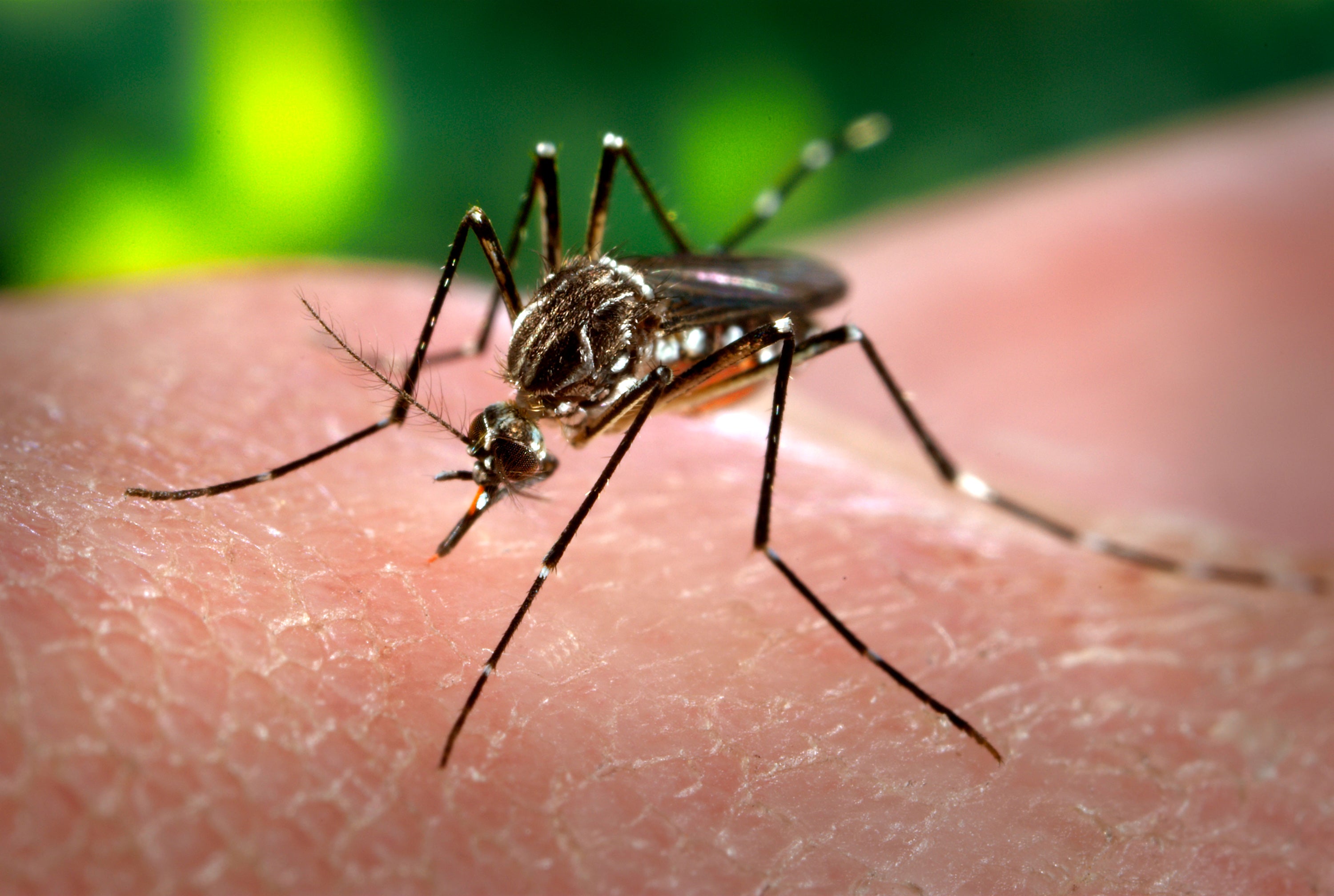Researchers discover way to breed ‘good’ mosquitoes which do not spread disease
Scientists infect mosquitoes with a bacteria that makes them less likely to pass on deadly viruses

Your support helps us to tell the story
From reproductive rights to climate change to Big Tech, The Independent is on the ground when the story is developing. Whether it's investigating the financials of Elon Musk's pro-Trump PAC or producing our latest documentary, 'The A Word', which shines a light on the American women fighting for reproductive rights, we know how important it is to parse out the facts from the messaging.
At such a critical moment in US history, we need reporters on the ground. Your donation allows us to keep sending journalists to speak to both sides of the story.
The Independent is trusted by Americans across the entire political spectrum. And unlike many other quality news outlets, we choose not to lock Americans out of our reporting and analysis with paywalls. We believe quality journalism should be available to everyone, paid for by those who can afford it.
Your support makes all the difference.Researchers in Indonesia have found a way to breed “good” mosquitoes that won’t spread deadly viruses in a breakthrough that could potentially stop the spread of Dengue fever.
The “good” mosquitoes will carry a bacteria “Wolbachia” that blocks their ability to spread viruses such as dengue, Zika and yellow fever.
It is a common bacteria that is found naturally in 60 per cent of insect species, including fruit flies, moths and butterflies. It is not found, however, in dengue-carrying Aedes aegypti mosquitoes, according to the non-profit World Mosquito Programme, who initiated the research.
The researchers discovered that when mosquitoes carry Wolbachia, the bacteria competes with viruses such as dengue. This makes it harder for the viruses to reproduce and the mosquitoes are much less likely to spread viruses from person to person.
“In principle we are breeding the ‘good’ mosquitoes,” said researcher Purwanti. “The mosquitoes carrying dengue will mate with mosquitoes carrying Wolbachia, which will produce Wolbachia mosquitoes - the ‘good’ mosquitoes. So even if they bite people, it won’t affect them.”
There are around 400m infections of dengue fever ever year, according to modelling estimates, and the virus causes severe pain in muscles and bones.
Since 2017, a joint study conducted by the World Mosquito Programme at Australia’s Monash University and Indonesia’s Gadjah Mada University has been releasing lab-bred Wolbachia mosquitoes across a few dengue fever ‘red zones’ in the Indonesian city of Yogyakarta.
The trial used five million mosquito eggs infected with Wolbachia. Eggs were places in buckets of water in the city every two weeks and the researchers took nine months to build up their mosquito population.
Results from the experiment, published in the New England Journal of Medicine, showed a 77 per cent reduction in cases and an 86 per cent reduction in people needing hospital care when the mosquitoes were released.
Lead researcher Adi Utarini said: “We’re confident in this technology, particularly for areas where the Aedes aegypti mosquito is the most responsible (infection) factor”.
Sri Purwaningish, whose family volunteered for the World Mosquito Programme, said: “All three of my children have been infected with dengue and hospitalised... It’s always on my mind, thinking about how to keep my village healthy and clean.”
Join our commenting forum
Join thought-provoking conversations, follow other Independent readers and see their replies
Comments